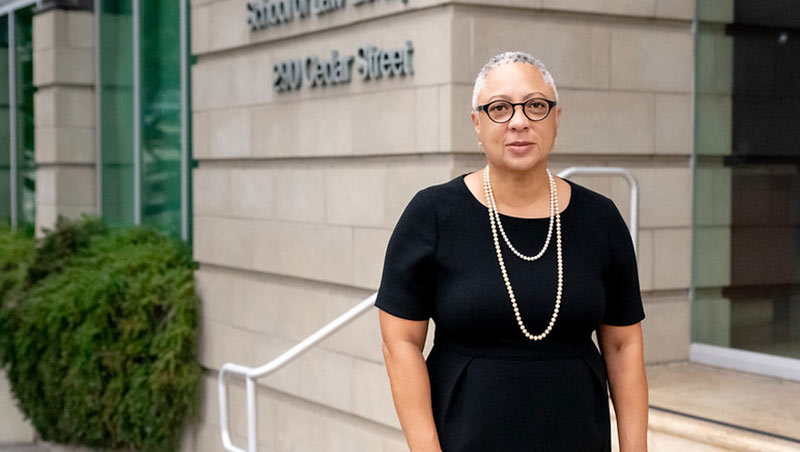
Dean Sean Scott: Boycotting the U.S. News Rankings is Not Enough

Recently, many law school deans and academics from adjacent fields have sharply criticized U.S. News & World Report. Led by Yale Law School Dean Heather Gerken, 63 law schools, mine included, have declined to participate in the rankings and have not responded to requests for data from the magazine. While much of the criticism has been directed toward U.S. News, absent from the conversation is the way in which members of the legal community misuse the rankings, and in so doing, amplify their corrosive impact. We must acknowledge our own culpability in empowering the magazine and its rankings and commit to taking back the power we have ceded to a business completely divorced from our profession and its values.
Last week, U.S. News and World Report released its 2022 law school rankings. What impact will this have on law schools? Come with me into the dean’s office of almost any of the two hundred law schools subject to and included in the U.S. News rankings. Let’s explore how these deans prepared for the highly anticipated release of the rankings.
The week before the rankings were released, the dean will have convened a planning meeting with the head of marketing and communications, the director of institutional advancement, the director of alumni relations, and perhaps even a crisis communications specialist. Each staff member was directed to prepare communications to the board of trustees, students, faculty, alumni, donors, and prospective students, either extolling the increase in the law school’s numerical ranking, or explaining why the drop in rankings is nothing to panic over and not indicative of the value of the law school, or reassuring these constituencies that no change in the rankings is a positive outcome.
Based on the rankings news, donors will be motivated to donate to the school or may send the dean and other staff members hostile emails or other communications in which they threaten to withdraw their support. Alumni will celebrate the enhanced value of their degree or decry the devaluation of same. Faculty hiring committees will congratulate themselves on the candidates they were able to entice to their institutions or question whether these candidates were poorly chosen. Candidates themselves will either celebrate the boost to their resumes or worry that their chances of landing a full-time teaching position have diminished. Full-time faculty will strategize about how to move to a higher ranked school, solely for the prestige value. Some deans will fear a call from the chair of the board or the president of the university expressing their dismay at the dean’s failure to move the law school up the rankings. Continued employment as a dean is sometimes made contingent on such upward movement, and decanal bonuses are tied to these moves up the rankings ladder. Across the field, employers will use the rankings as a guide for recruitment and hiring. And oh yes, prospective students will use these rankings to determine which law school to attend.
What is remarkable about each of these consequences is that they bear no relationship to any substantive changes at the law schools. The truth is that law schools are largely stable year over year. All of these responses to the arrival of the bogeyman that is the rankings serve to distract these deans from the real work of preparing the next generation of lawyers, academics, and advocates for justice.
Those of us in the legal academy, and legal employers, have imbued the U.S. News rankings with unwarranted power. These rankings are misused and abused by all the non-student constituencies identified. U.S. News is responsible for creating the myths of rankings. We, members of the academy and the profession, are responsible for reifying these myths and ignoring the empirical weaknesses of the rankings. I challenge us to not only expose the failed methodology of the U.S. News rankings, but also to acknowledge that we have long known of these weaknesses and have relied on the rankings nonetheless for the sake of short-term gains in prestige. We cannot control the formula that U.S. News uses, but we can control the encroachment of the rankings into areas of our profession over which they should have no influence whatsoever.
